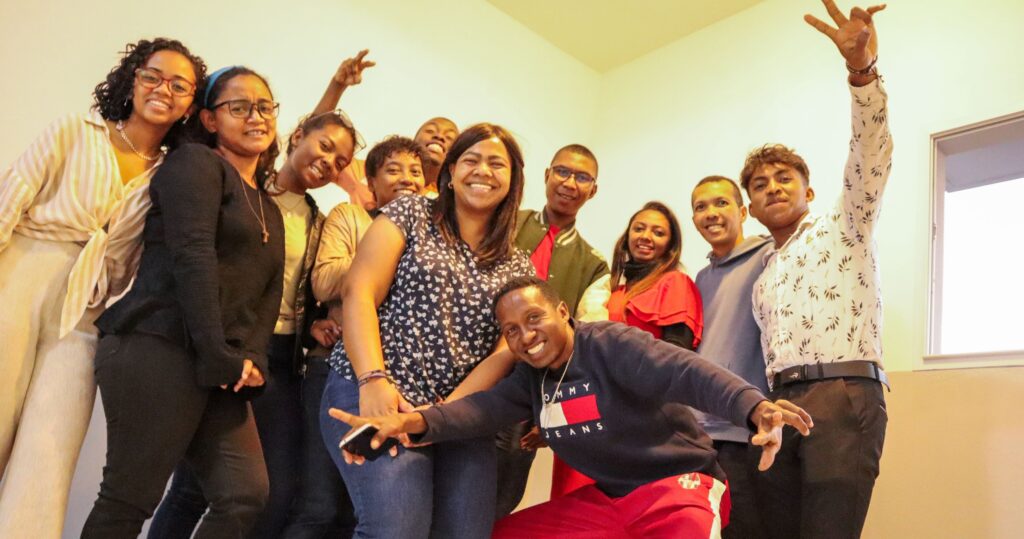Franciscans International recently conducted a capacity-building workshop with members of the Franciscan Family in Madagascar, ahead of the country’s upcoming Universal Periodic Review (UPR). The training followed a May 2024 fact-finding mission by the Justice and Peace Commission of the Secular Franciscan Order who met with local authorities and internally displaced communities in northern Madagascar.
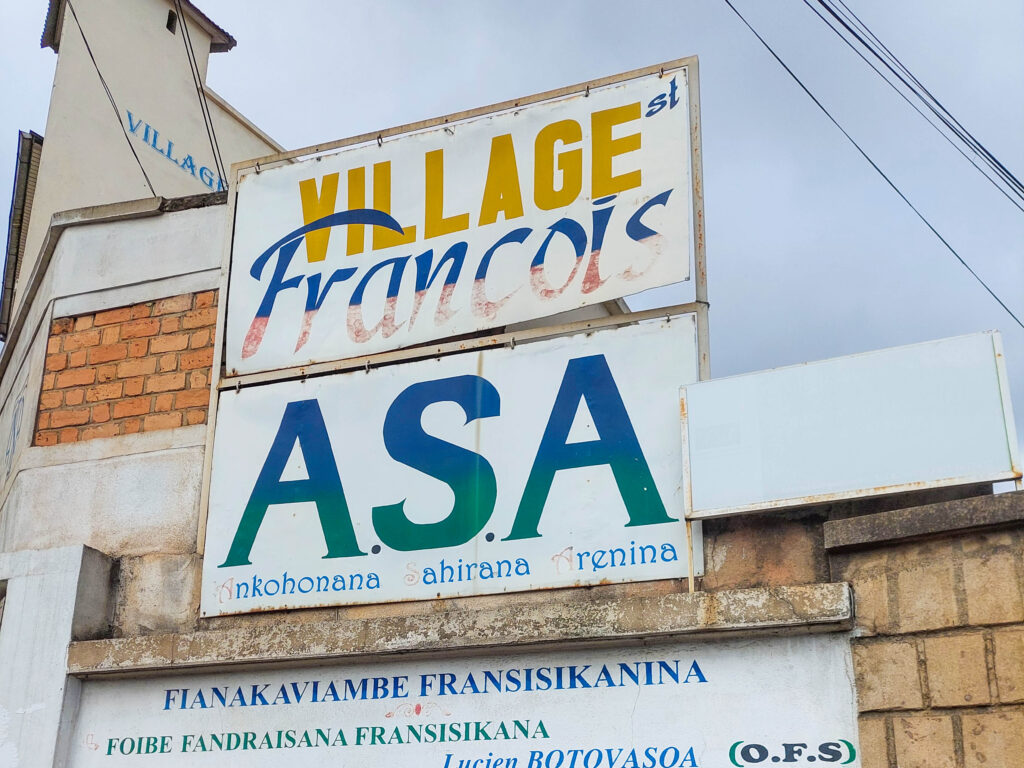
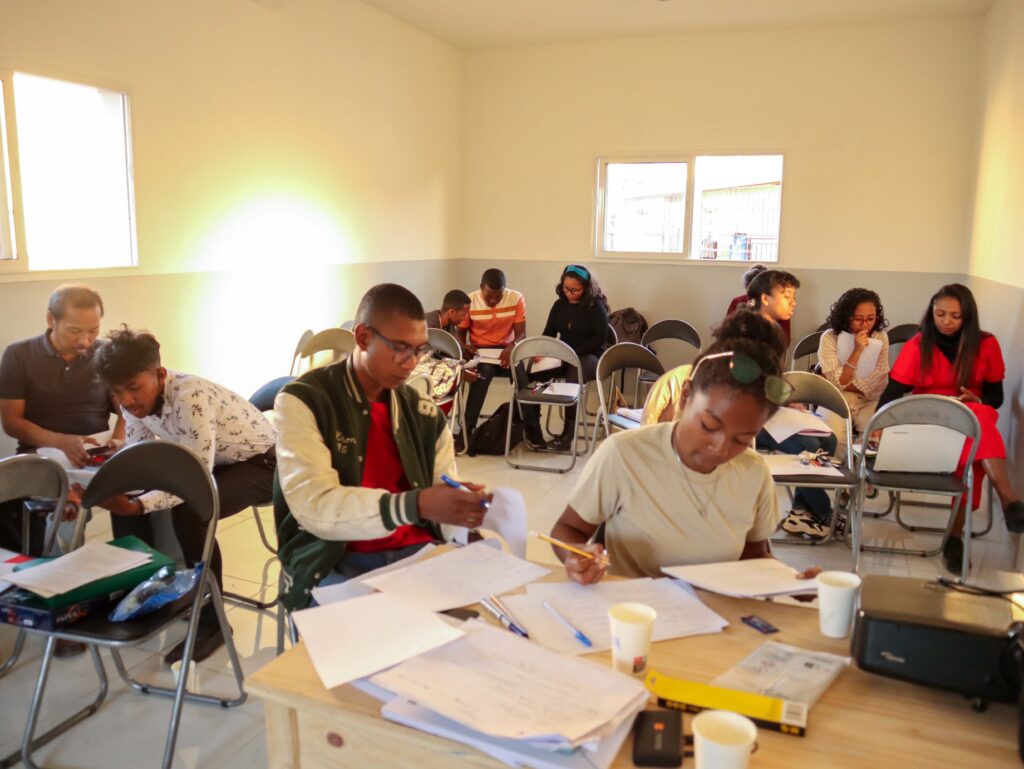
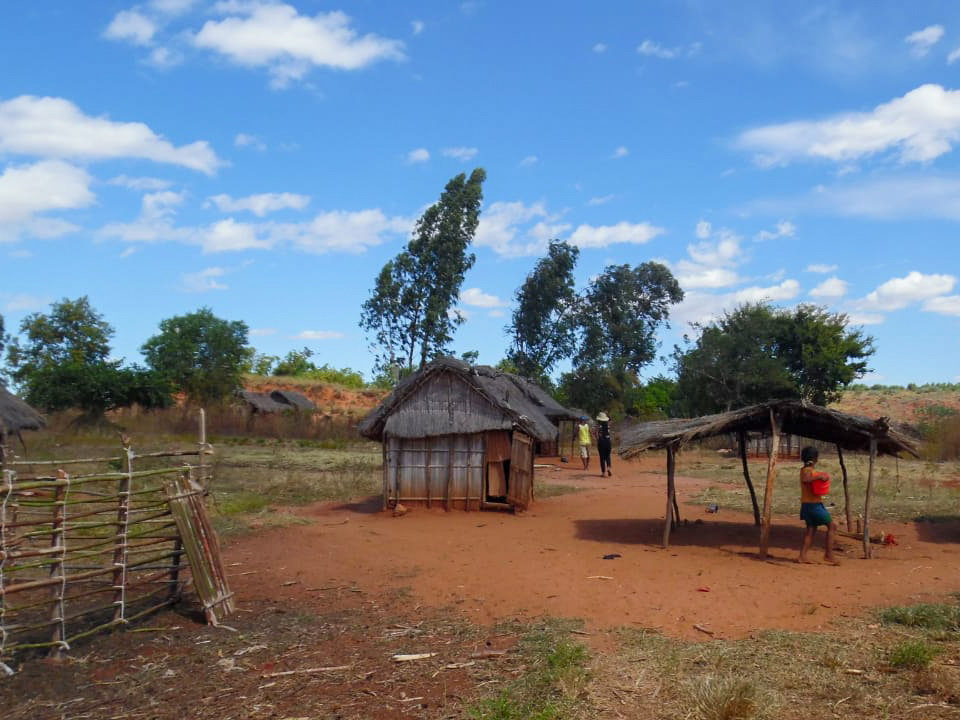
Prolonged droughts and subsequent famines in the south have fueled a wave of internal migration, leading to increasing tensions between the displaced and host communities. However, these migration flows have also exposed significant shortcomings in the government’s response, with people indicating that the absence of infrastructure and the failure of authorities to address the famines were key factors in their choice to leave. The Antandroy communities in the south were already experiencing marginalization and discrimination, and the current crisis has only further eroded trust in the government.
The absence of a regulatory framework to deal with these migration flows is also further exacerbating the situation. While seasonal job migration from the south was already common, the current crisis pushes people to relocate permanently. These displaced communities report difficulties in accessing education, food, water, and face stigma in their host communities. Meanwhile, the displaced southern communities resort to certain cultural practices, such as slash-and-burn farming, that conflict with existing practices in the north and cause further environmental degradation. Little effort is made by officials to address these problems, with observers alleging endemic corruption and the mismanagement of climate funds.
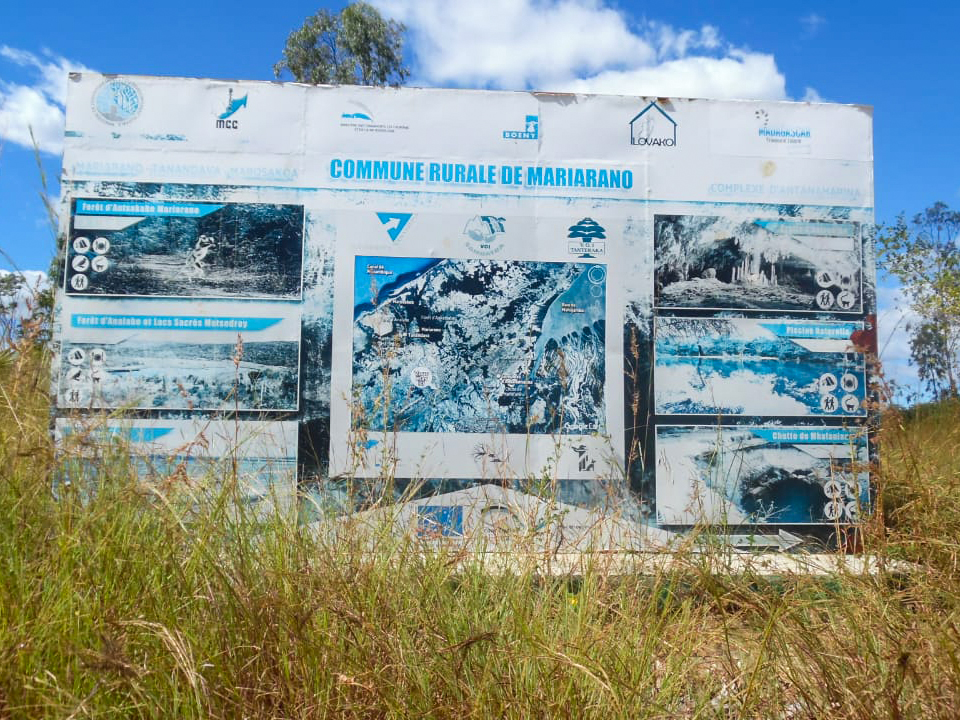
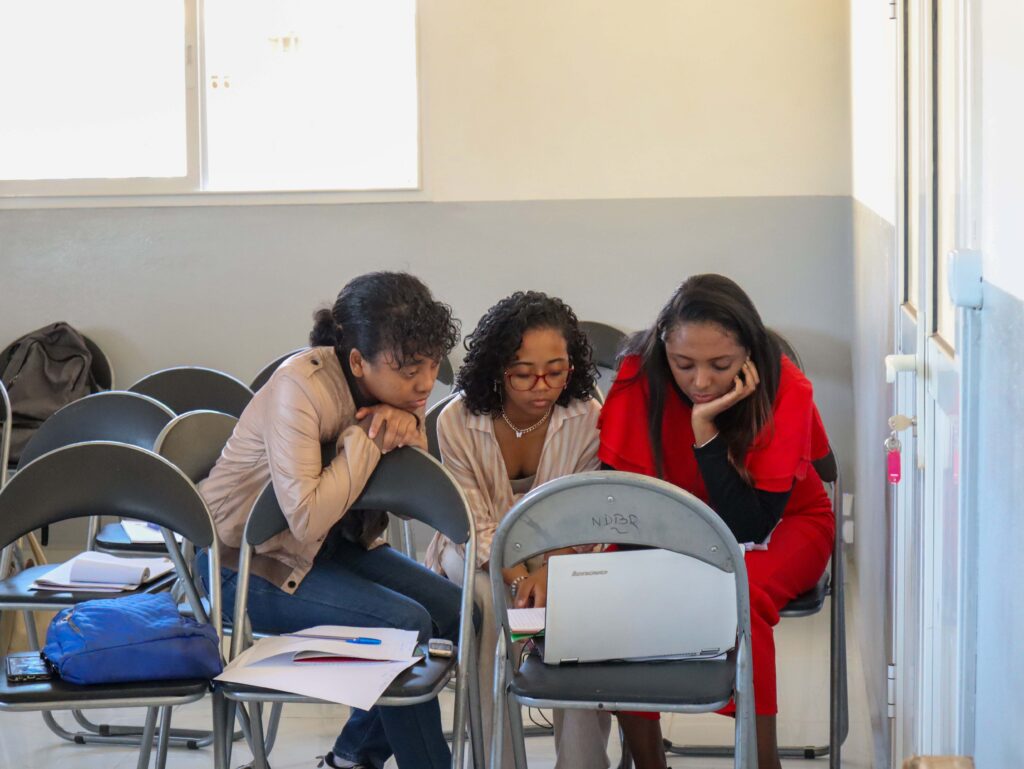
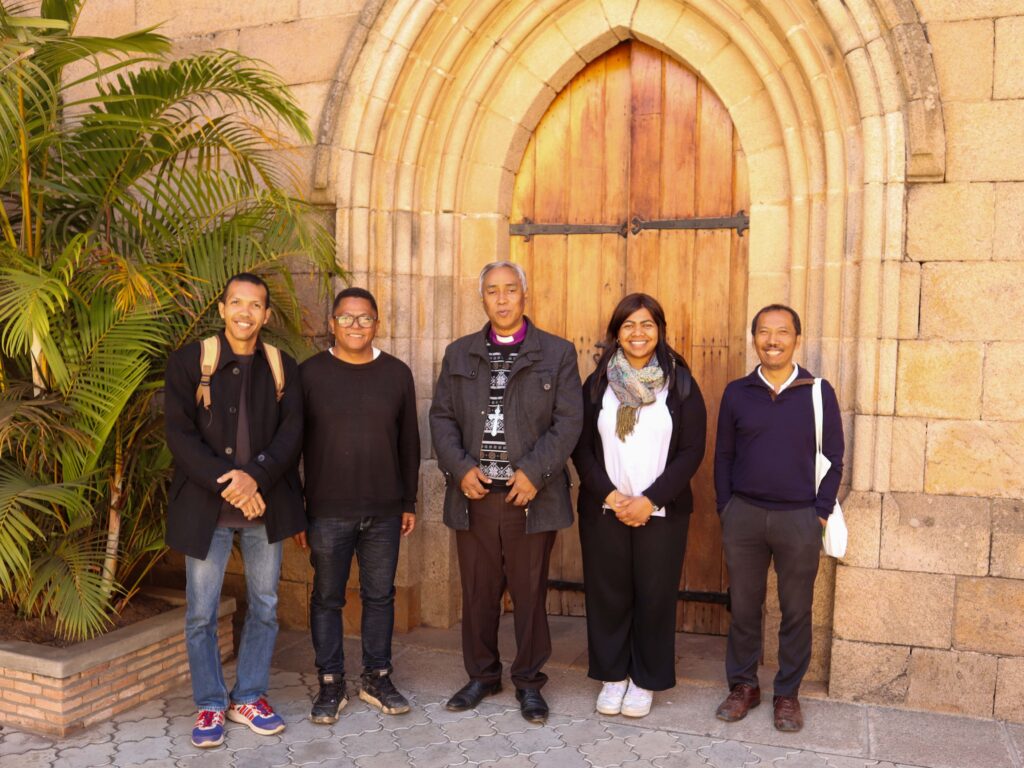
With the support of FI, the Franciscans in Madagascar will convey their findings to the UN ahead of Madagascar’s UPR in early 2025. Under this mechanism, the human rights record of all UN Member States is examined on a rotating basis. At the end of this process, recommendations are made to improve the situation, setting concrete benchmarks for future actions and policies. FI will use this opportunity to advocate for the adoption of a strong framework to improve the situation of displaced communities, and the absence of sustainable environmental policies, and the integration of the right to a healthy environment in new policies to address and mitigate the prolonged droughts afflicting Madagascar.

